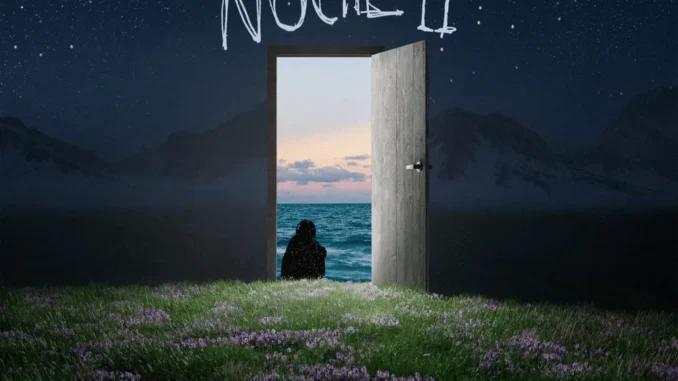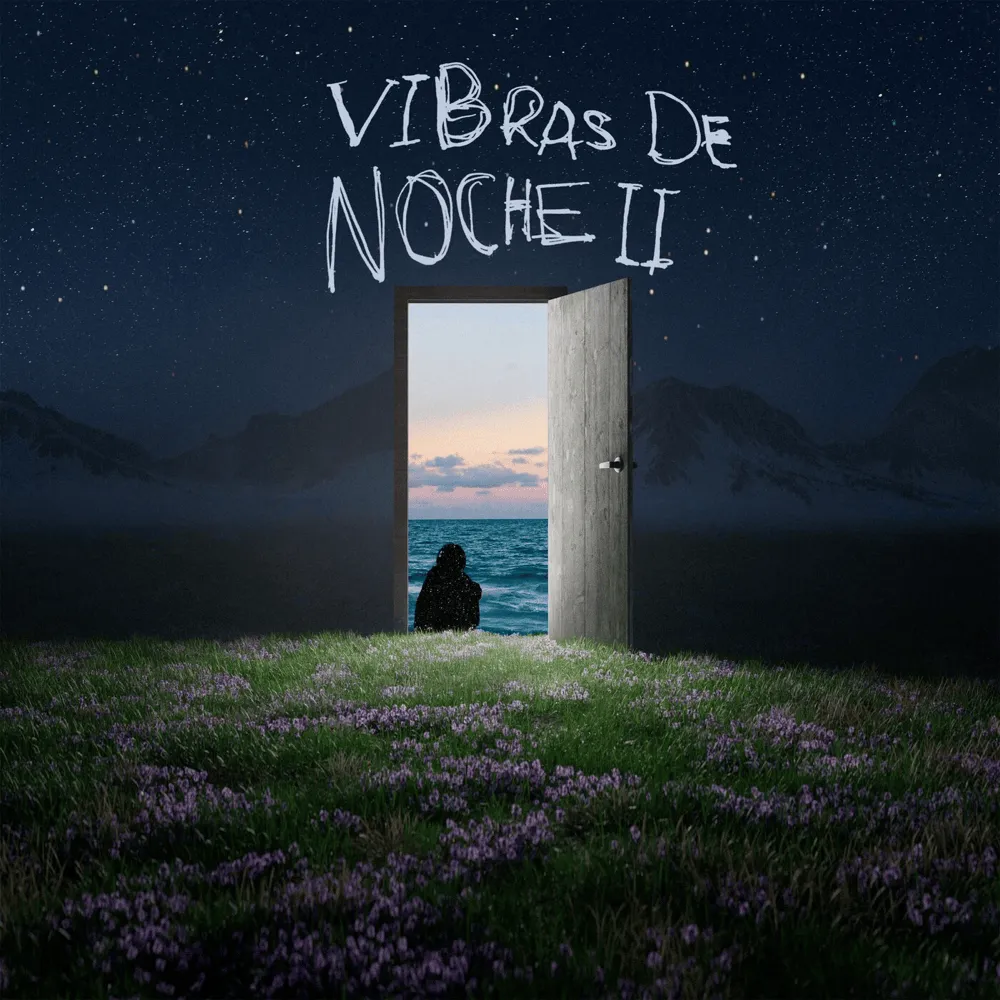

Eslabon Armado – ESTADO MENTAL (OUTRO) Lyrics
[Letra de “ESTADO MENTAL (OUTRO)”]
[Verso]
Se siente bien culero estar solo
Sin atención y sin amor
Se siente bien culero estar solo
Sin atención y sin amor
Solo yo sé cómo arreglarme, solo sé cómo hablarme
Sin que nadie me escuche a mí
Solo yo sé cómo arreglarme, solo sé cómo hablarme
Sin que nadie me escuche a mí
Mmm, mmm
Mmm, mmm
Mmm-mmm, mmm
Mmm, mmm
Mmm, mmm
Mmm-mmm, mmm
[Outro Instrumental]
“ESTADO MENTAL (OUTRO)” by Eslabon Armado
🎵 Song Details
| Detail | Info |
|---|---|
| Song Title | ESTADO MENTAL (OUTRO) |
| Artist | Eslabon Armado |
| Release Year | 2024 |
| Genre | Regional Mexican, Corrido, Alternative |
| Language | Spanish |
| Theme | Isolation, emotional struggles, self-reflection |
| Vibe | Introspective, melancholic, emotional |
📝 Lyric-by-Lyric Breakdown & Meaning
[Intro]
The song opens with an instrumental outro that creates an introspective atmosphere, setting the stage for deep emotional reflection. There is no vocal delivery in the intro but the instrumental gives a sense of solitude and self-reflection, which is consistent with the lyrics that follow.
[Verse]
“Se siente bien culero estar solo / Sin atención y sin amor”
→ The artist starts by expressing the feeling of being alone—a feeling that is described as painful (“bien culero”). He mentions being without attention and without love, which underscores the emotional void he feels. The use of the word “culero” conveys a raw and unfiltered emotion of discomfort, making the pain feel more visceral.
“Solo yo sé cómo arreglarme, solo sé cómo hablarme / Sin que nadie me escuche a mí”
→ The artist acknowledges that while he feels isolated, he alone knows how to cope with the situation. The line “solo sé cómo hablarme” suggests that he engages in self-talk as a way to comfort himself. This reflects a deep sense of self-reliance, yet there’s an underlying sense of loneliness, as he implies that no one listens to him. This line hints at the emotional distance he feels from others—he has to deal with his own emotional turmoil in solitude.
[Repetition of Verse]
The verse repeats, emphasizing the grief of isolation and self-reliance. The repetition of the phrase “solo yo sé” (“I alone know”) further drives home the idea that the artist has no one to turn to, reinforcing the loneliness and emotional burden that he carries. The lyrics echo a desire for emotional connection, but also the harsh reality of dealing with one’s internal struggles alone.
The repetition of the vocalizations (“mmm, mmm”) in the background of the verse suggests a sort of melancholic sigh, an expression of weariness and emotional exhaustion.
[Outro Instrumental]
The song ends with a minimalistic instrumental outro, allowing the listener to dwell on the emotions conveyed through the lyrics. The lack of lyrics in the outro symbolizes the emptiness that follows the expression of pain, leaving the listener in contemplation.
💔 Themes & Symbolism
| Theme | Meaning |
|---|---|
| Isolation | The primary theme of the song revolves around feeling alone, disconnected, and unheard. |
| Emotional Struggles | The lyrics explore the mental and emotional toll of solitude and the difficulty of dealing with personal struggles. |
| Self-Reliance | The artist emphasizes the need for self-reliance in moments of emotional distress, yet it highlights the loneliness of that experience. |
| Unheard Voice | The idea of speaking to oneself and not being listened to reflects the emotional isolation and feeling of being unnoticed by others. |
❓ FAQs
❓ What is the meaning behind the title “ESTADO MENTAL (OUTRO)”?
The title “ESTADO MENTAL” translates to mental state, which is central to the song’s themes of emotional turmoil and self-reflection. The “(OUTRO)” refers to the instrumental outro of the song, which serves as an emotional conclusion and leaves the listener to process the raw emotions expressed in the lyrics.
❓ What does “Se siente bien culero estar solo” mean?
The phrase “se siente bien culero estar solo” translates to “it feels really bad to be alone”, where “culero” is a slang term expressing strong negative feelings. It conveys the pain and discomfort the artist feels in isolation.
❓ Why is there a repetition of “Solo yo sé cómo arreglarme”?
The repetition of “Solo yo sé cómo arreglarme” emphasizes the artist’s self-reliance in coping with emotional pain. It underscores the feeling that even though others may not understand him, he has to figure things out on his own.
❓ What is the significance of the outro instrumental?
The outro instrumental serves as a moment of contemplation. It allows the listener to reflect on the emotions of the song without any further verbal explanation. The sparse instrumentation amplifies the feelings of loneliness and emotional desolation, leaving the listener with a lingering sense of solitude.
❓ What genre does this song fall under?
The song falls under the Regional Mexican and Corrido genres, though it also incorporates introspective, alternative elements. It’s a contemporary take on traditional Mexican music, dealing with emotional struggles and personal experiences.
❓ What is the emotional tone of “ESTADO MENTAL (OUTRO)”?
The emotional tone of the song is melancholic and introspective. It reflects loneliness, heartache, and the pain of feeling disconnected from others. However, there is also a sense of resilience, as the artist acknowledges his ability to cope on his own.
❓ Is there any hope in the song, or is it purely about sadness?
While the song primarily deals with feelings of sadness and isolation, the fact that the artist mentions knowing how to “fix” himself and how to speak to himself suggests a degree of self-reliance and resilience. However, the tone remains largely somber, and the artist does not present a clear way out of his emotional state.
✅ Conclusion
“ESTADO MENTAL (OUTRO)” by Eslabon Armado is a deeply emotional track that explores the pain of isolation and the struggle of dealing with one’s mental state alone. The lyrics offer a glimpse into the artist’s internal world, where he reflects on the loneliness and emotional distance he feels from others, yet also emphasizes his ability to cope in solitude. The instrumental outro, minimalistic in nature, enhances the introspective tone of the song, leaving listeners with a sense of emotional reflection.

Leave a Reply